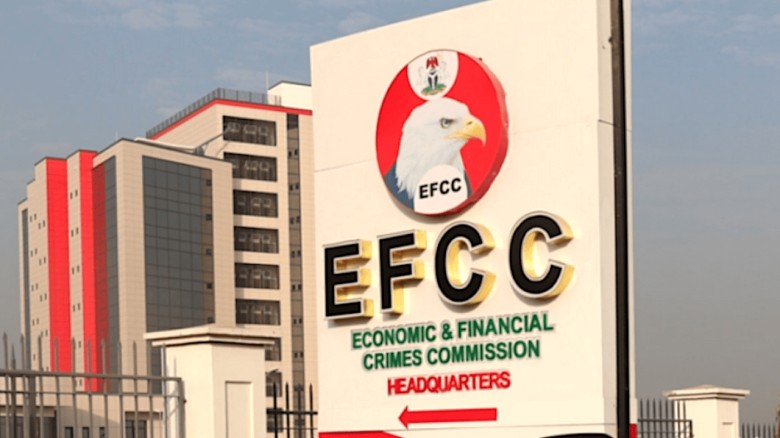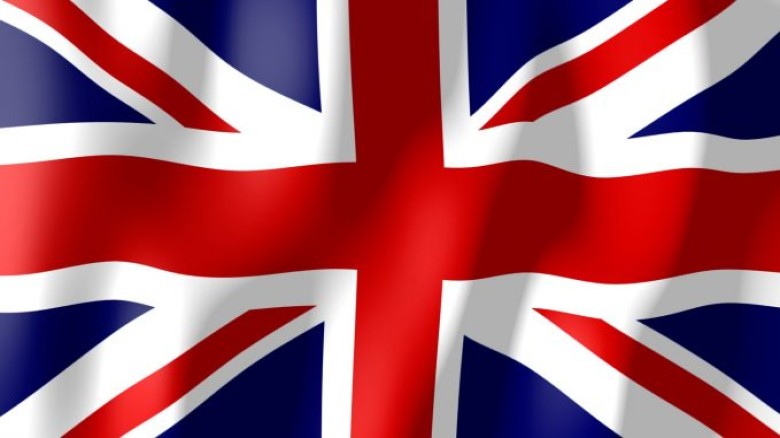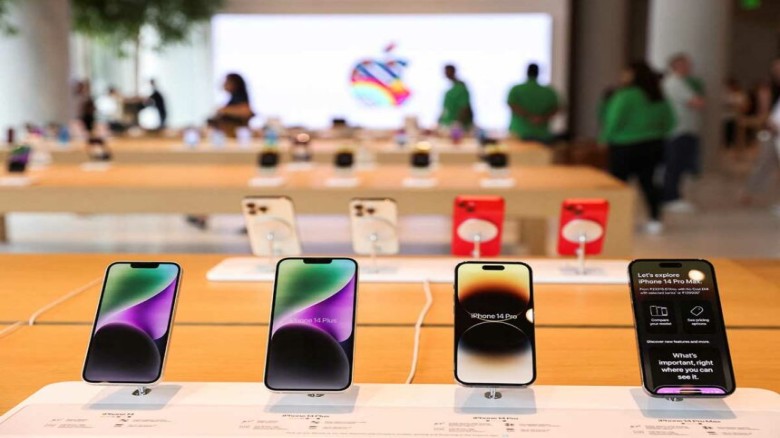DR Congo sues Apple over conflict in minerals supply
Apple Inc. and its subsidiaries have been accused of utilising conflict minerals in their supply chain by the Democratic Republic of Congo, which has filed criminal complaints in France and Belgium.Apple is accused of "systemic wrongdoing" in the Congolese government's complaints, which allege that the company sourced materials associated with human rights abuses in the war-torn eastern regions of the country.
Apple vigorously denied the allegations, underscoring its dedication to ethical sourcing. The company stated in a statement that it conducts rigorous audits of its suppliers and does not directly procure raw materials. "We informed our suppliers earlier this year that we would be suspending the sourcing of tin, tantalum, tungsten, and gold from the DRC and Rwanda as a result of concerns regarding independent auditing in the region," Apple stated, citing the escalating conflict.
The company emphasised its financial support for initiatives that aim to enhance mineral traceability and stated that the majority of minerals in its products are recycled.
Apple's 2023 conflict minerals report to the U.S. Securities and Exchange Commission (SEC) disclosed that none of its suppliers' smelters or refiners had financed or benefited armed groups in Congo or neighbouring countries.
The DRC government's attorneys contend that Apple's supply chain is involved in crimes related to conflict minerals, such as the handling of stolen goods, war crimes, and deceptive commercial practices.
The complaints are directed at Apple France, Apple Retail France, and Apple Retail Belgium, alleging the use of minerals that have been pillaged from Congo and have been laundered through international supply chains.
"The complaint filed in France clearly indicates that the Apple group and its subsidiaries are cognisant of the fact that their supply chain is dependent on systemic wrongdoing," the complaint reads, citing reports from the United Nations and human rights organisations.
Belgium's involvement in the case is historically significant, as the country was the colonial ruler of Congo under King Leopold II, a period characterised by the extensive exploitation of the nation's resources.
Christophe Marchand, Congo's Belgian lawyer, underscored Belgium's moral obligation to assist Congo in the suppression of the illicit mineral trade.
Tin, tantalum, and tungsten are critical components of electronics, and Congo is one of the world's largest sources of these metals. Nevertheless, the mining sector in eastern Congo is beset by violence, as numerous artisanal mines are under the control of armed groups.
These groups finance their activities, which include massacres, rapes, and looting, through the illicit mineral trade, frequently smuggling materials through neighbouring Rwanda.
The role of illicit mineral trade in financing the conflict in Congo was emphasised in a July 2024 statement from the U.S. State Department. The State Department also recognised that the current traceability schemes are inadequately designed to mitigate risks at high-conflict locations.
Congo’s complaints also target ITSCI, a monitoring and certification scheme designed to help companies perform due diligence on mineral sourcing. Lawyers argue that ITSCI has been discredited, citing reports that it falsely labels minerals from conflict zones as originating from peaceful areas.
Apple’s 2023 conflict minerals report mentioned ITSCI multiple times, despite its suspension by the Responsible Minerals Initiative, a leading industry body of which Apple is a member. The RMI suspended ITSCI in 2022, citing failures to address escalating violence and lack of transparency.
The cases in France and Belgium, chosen for their emphasis on corporate accountability, represent the first criminal complaints by the DRC against a major tech company. Judicial authorities in both countries will now determine whether to investigate further and potentially bring charges.
Robert Amsterdam, a U.S.-based lawyer for the DRC, described the lawsuits as a “first salvo,” signaling the Congolese government’s intent to hold multinational corporations accountable for their role in the illegal mineral trade.
This is not the first time major tech companies have faced scrutiny over mineral sourcing in Congo. In March 2024, a U.S. federal court dismissed a lawsuit accusing Apple, Google, Tesla, Dell, and Microsoft of relying on child labor in Congolese cobalt mines.
























Leave A Comment